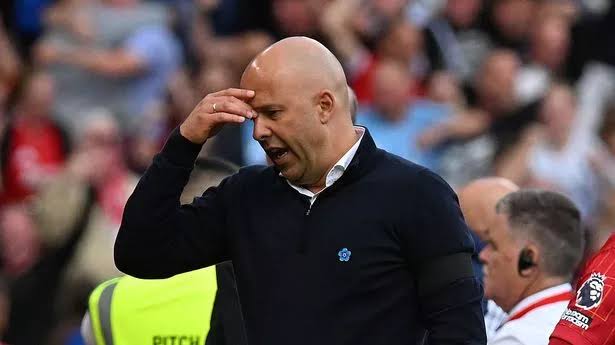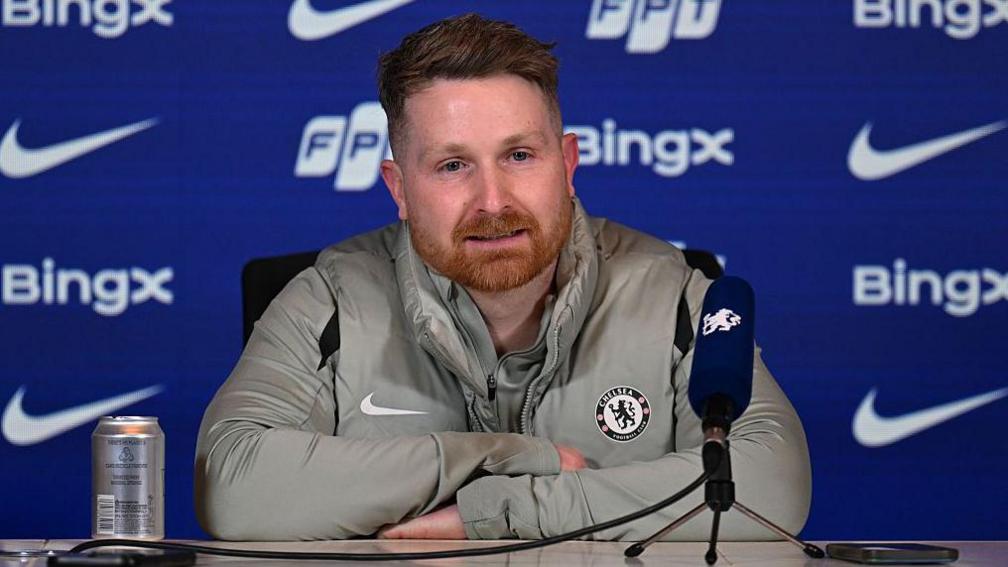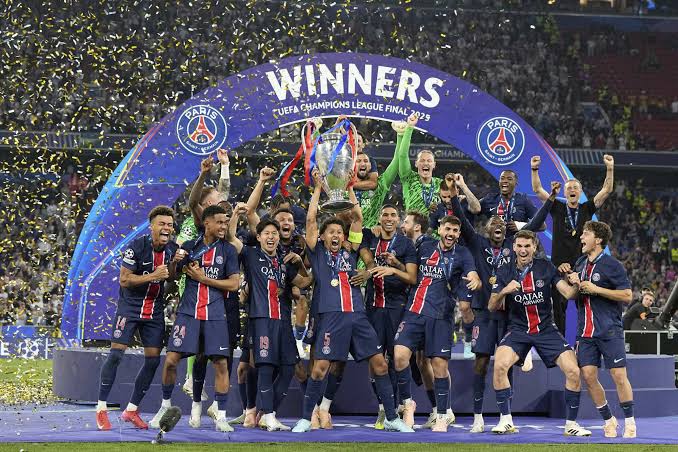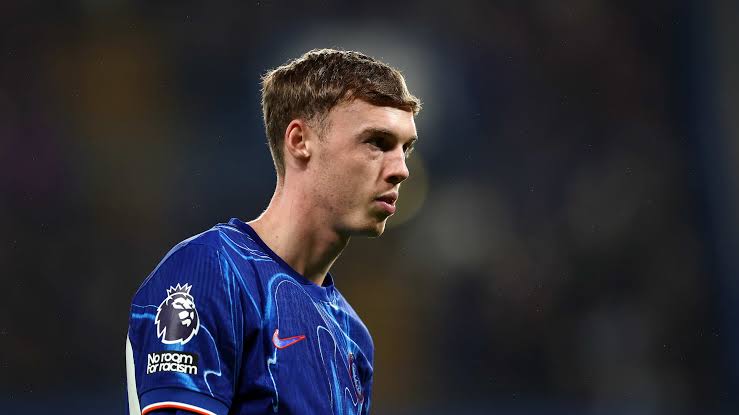Liverpool’s Transfer Dilemma: The Cost of Complacency

Liverpool’s Head Coach, Arne Slot expressing disappointment in a premier league match. Photo Credit-The Mirror
Liverpool’s ongoing contract stalemates with Trent Alexander-Arnold, Luis Díaz, and Virgil van Dijk threaten to disrupt the delicate balance that has defined their success in recent years.
While manager Arne Slot has elevated the team tactically, the lack of urgency from the club’s hierarchy in securing the futures of key players could ruin Liverpool’s competitiveness and legacy.This piece is set to discuss the broader implications of these expiring contracts, examines why Liverpool may be taking this risky approach, and offers solutions for safeguarding the club’s long-term success.
Why Are These Players Irreplaceable?
Trent Alexander-Arnold, one of Liverpool’s creative machine contract status expires in 2025. Alexander-Arnold has redefined what it means to be a modern full-back. With 11 assists in the Premier League this season, he remains one of Liverpool’s most consistent creative outlets. His transition into a hybrid midfield role has made him indispensable, giving Liverpool control over possession and quick transitions.
Moreover, losing Trent would do more than remove a creative force; it would dismantle a tactical system designed around his strengths. His ability to switch play with pinpoint accuracy and deliver deadly crosses is unmatched. Liverpool would likely need to shift back to a more traditional defensive system, which could hinder their attacking flow.
Luis Diaz contract status expires in 2025. Díaz’s stellar performances on the wing has become central to Liverpool’s attack, especially as Sadio Mané’s departure left a void on the left flank. With 8 goals and 4 assists in the 2024/25 season, Díaz has not only contributed to Liverpool’s title challenge but has also alleviated pressure on Mohamed Salah by providing balance to the attack.
Without Díaz, Liverpool risk becoming overly reliant on Salah, Cody Gakpo and possibly Darwin Núñez, making them easier for opponents to neutralize. Díaz’s ability to break defensive lines with his pace and flair would be difficult to replicate, and Liverpool’s recruitment history shows that replacing world-class players is neither quick nor guaranteed.
Virgil van Dijk; The Defensive General Contract Status expires in 2025, at 33, Van Dijk remains Liverpool’s most reliable defender, with an average of 2.1 interceptions, 4.2 clearances, and a 75% aerial duel success rate this season. His influence extends beyond his on-field performances; he’s a leader in the dressing room and a mentor for experienced defenders like Ibrahima Konaté and Joe Gomez.
Even if Liverpool buy a younger replacement, finding someone with Van Dijk’s experience, composure, and ability to organize the backline would be a monumental task. His departure would create a leadership vacuum, potentially destabilizing the defense during a crucial period of transition.
READ ALSO
Salah’s Transfer Saga: Contract extension or club transition?
Salah, Saka, Amad: Ranking EPL Best Wingers in 2024/25 Season
Ranking the best Right-Backs in the Premier League 2024/25 Campaign
Implications of Letting Contracts Run Down
Liverpool’s current system is well shaped to maximize the strengths of Alexander-Arnold, Díaz, and Van Dijk. Losing these players would force the team to adapt tactically, potentially leading to inconsistency on the pitch.
For instance, without Trent’s playmaking, Liverpool would lose creativity in wide areas.Díaz’s departure would make their attack easier to defend against.Van Dijk’s absence could expose the defense to increased vulnerabilities, especially in high-pressure games.
Moreover, Liverpool’s self-sustaining financial model depends on maximizing the value of their players, either through performances or transfer fees. If these stars leave as free agents, the club would forfeit an estimated €200 million in combined market value.
Moreover, replacing players of their caliber would require massive investments, especially given the inflated transfer market. For example, Manchester City spent over £100 million to sign Josko Gvardiol, a price Liverpool might need to match or exceed for a Van Dijk replacement.
In addition, Liverpool have built a reputation as a club where players can achieve success and thrive under a supportive system. Allowing key stars to leave could undermine that image, making it harder to attract elite players in the future. Competitors like Manchester City, Real Madrid, and Bayern Munich consistently secure long-term deals for their stars, signaling ambition and stability.
Furthermore, if all three players leave in a short span, Liverpool could face a prolonged rebuilding phase. Recent history shows that transitions often lead to years of mediocrity, as seen with Arsenal post-Arsène Wenger and Manchester United post-Sir Alex Ferguson.
Why Is Liverpool Hesitating?
However, it cannot be enough to throw blames on Arne Slot and Liverpool’s hierarchy but certain situations have encouraged them to maintain complacency even in this circumstances that may prove to be risky if not handled properly.
Under Fenway Sports Group (FSG), Liverpool operate on a tight budget compared to rivals like Manchester City and offering big-wage contracts to aging stars may clash with their wage structure. Additionally, the club might fear committing to long-term deals for players who could decline in form, especially Van Dijk, who is in his 30s.
Solutions to Avoid Future Problems
Act Fast on ExtensionsLiverpool must prioritize securing extensions for all three players. While Van Dijk’s age might warrant a shorter deal, Alexander-Arnold and Díaz should be tied down with lucrative long-term contracts. These players are integral to the club’s immediate future and their global appeal.
Even if extensions are secured, Liverpool need to groom replacements. For instance, scout and develop a young, technically gifted full-back to eventually take over from Alexander-Arnold. In addition, invest in an emerging left-winger who can learn from Díaz while slowly integrating into the squad.
Identify a commanding center-back who can be mentored by Van Dijk. Although young players like Harvey Elliott are already into the system, yet problems could emerge in the future when this players all leave the club at once.
FSG should expand revenue streams through increased commercial sponsorships, new partnerships, and global fan engagement. With more financial flexibility, Liverpool could compete with their wealthier rivals in retaining and signing top players.
The club must maintain open dialogue with these players and their agents to ensure mutual trust. Ensuring they feel valued could discourage them from seeking moves elsewhere.
Conclusion
A Defining Moment for LiverpoolThe situations surrounding Alexander-Arnold, Díaz, and Van Dijk represent a crossroads for Liverpool. Their decisions in the coming months will determine whether the club continues to compete for titles or slips into a transitional phase.Liverpool cannot afford to take their current success for granted.
These players are more than just assets—they are the heartbeat of the team. Losing them would not only weaken the squad but also damage the club’s reputation, finances, and long-term competitiveness.The clock is ticking for Liverpool to show ambition, decisiveness, and a commitment to retaining their brightest stars. Anything less could unravel the progress they’ve made over the last decade.




